Vietnam 301 Tariffs Opposition
The Honorable Katherine Tai
U.S. Trade Representative
600 17th Street NW
Washington, D.C. 20508
Dear Ambassador Tai:
The undersigned organizations write today to convey concerns about persistent reports that the Office of the U.S. Trade Representative (USTR) may soon issue a list of goods imported from Vietnam from which the Biden administration would propose to levy Section 301 tariffs pursuant to the Trump administration’s “currency manipulation” and “illegal timber” investigations. We urge USTR not to do so for either investigation.
Treasury’s congressionally-mandated “Report on Macroeconomic and Foreign Exchange Policies of Major Trading Partners of the United States” issued in April concluded there is “insufficient evidence” that Vietnam manipulates its exchange rate. Treasury instead pledged “enhanced engagement” with Vietnam. Such engagement offers significant benefits: Financial diplomacy can help finance ministries and central banks mitigate imbalances and work together to guard against balance of payments problems.
Imposing Section 301 tariffs at a time when Treasury recently stated Vietnam is not manipulating its currency would undermine efforts to develop a more coherent framework for financial diplomacy. Such a move would leave foreign governments understandably confused — and less likely to heed Washington’s advice.
To this point, the IMF’s July 1 “Concluding Statement” from its 2021 Article IV Mission to the United States warned against the “entanglement of trade and currency issues,” including the Section 301 investigation into Vietnam’s alleged currency practices. It states in part: “Treating currency undervaluation as a subsidy to be countervailed raises concerns both in the finance and trade spheres and risks increased trade tensions and retaliation (with other countries replicating a similar approach, perhaps using their own standards and methodologies)…. Instead, the U.S. should work constructively with its trading partners to better address the underlying macro-structural distortions that are affecting external positions.”
In addition, there are questions about the current investigation into the use of illegally harvested timber. We believe an investigation by the Animal and Plant Health Inspection Service under the Lacey Act would be the more appropriate tool to use and not a Section 301 investigation.
The increase in imports from Vietnam over the past several years is largely an artifact of the U.S. application of substantial Section 301 tariffs on hundreds of billions of dollars’ worth of imports from China. This has led importers to look to Vietnam, perhaps more than any other country in Asia, as a sensible, trustworthy alternative to China. Imposing Section 301 tariffs on goods from Vietnam in either investigation would be a peculiar response to developments that are, in a sense, the hoped-for outcome of U.S. policy. In addition, imports of raw materials and industrial components are critical inputs used by U.S. manufacturers of finished goods, and Section 301 tariffs on these products would undermine U.S. manufacturers’ competitiveness. Further, it would create additional global supply chain disruptions during one of the worst logistics crises by raising costs for U.S. workers, families, and businesses.
Read the full letter sent by 76 organizations.
